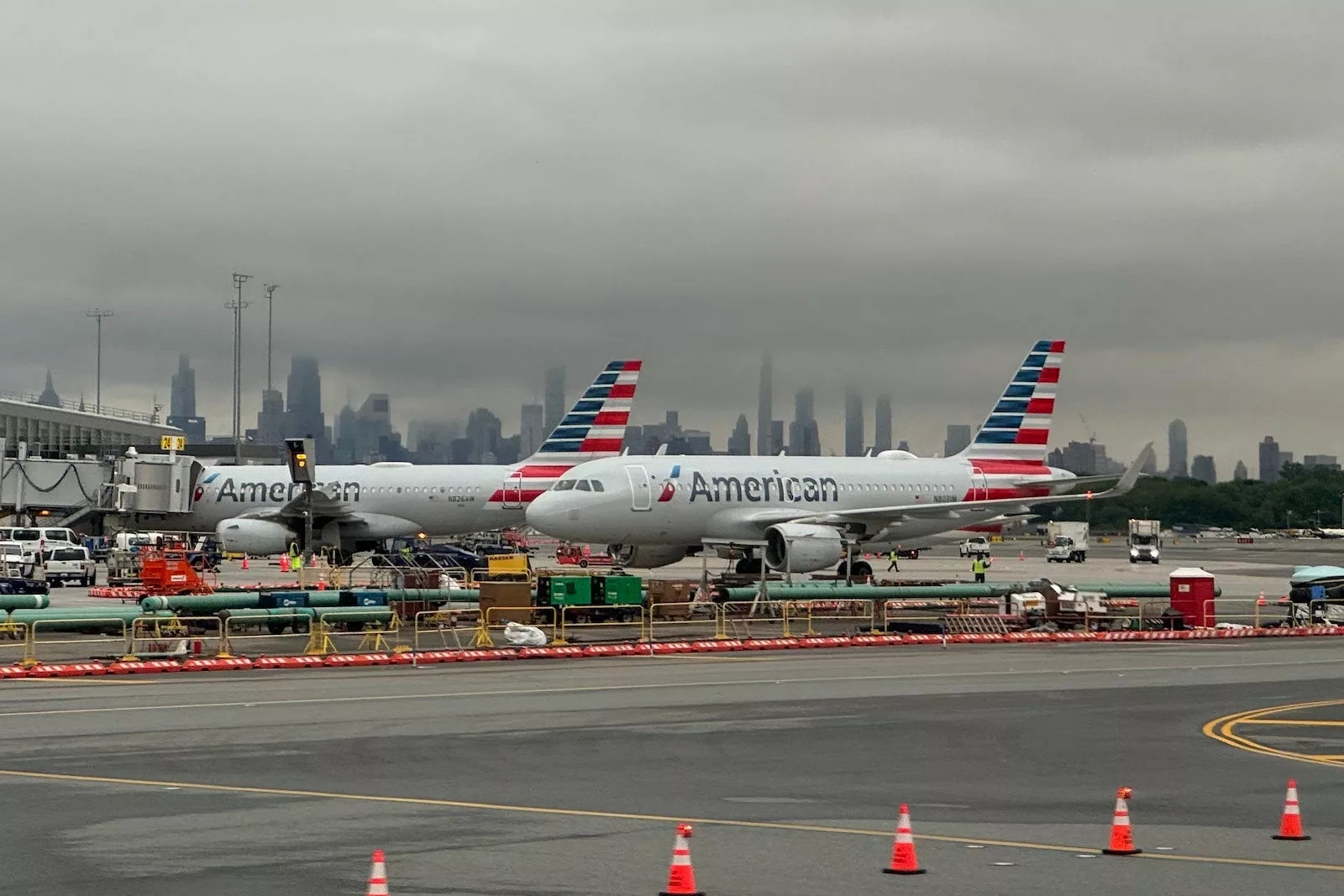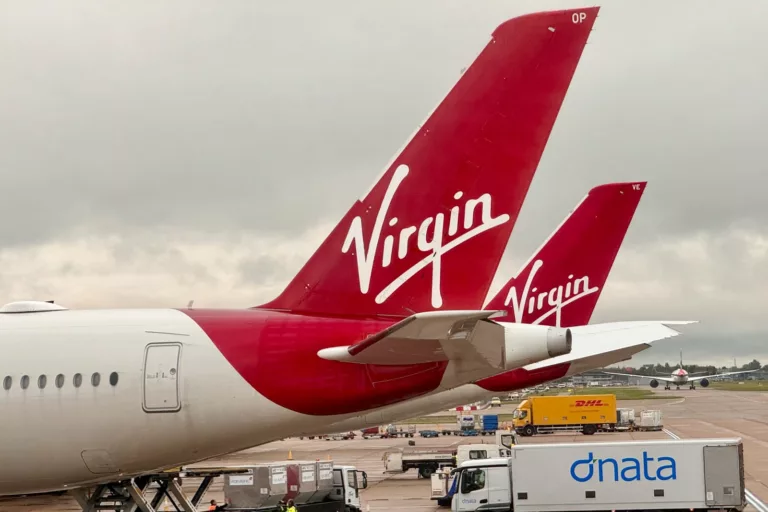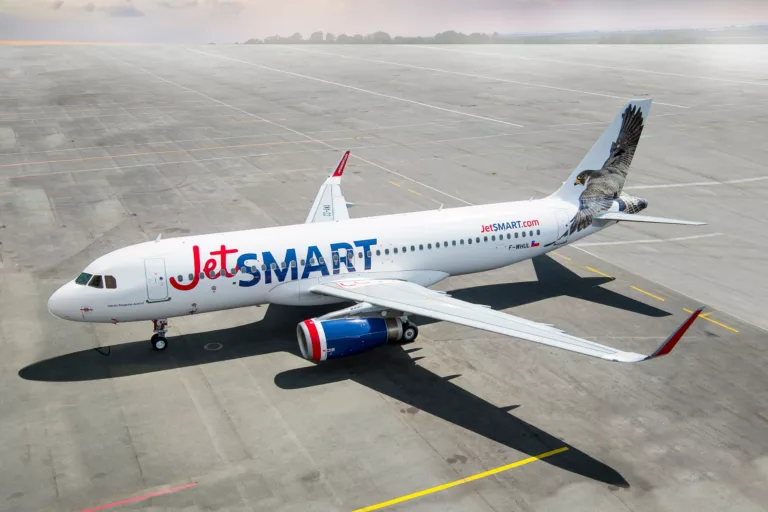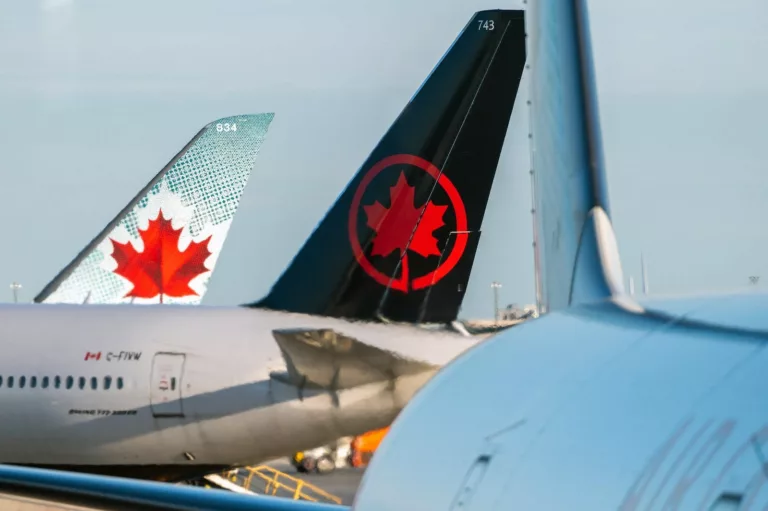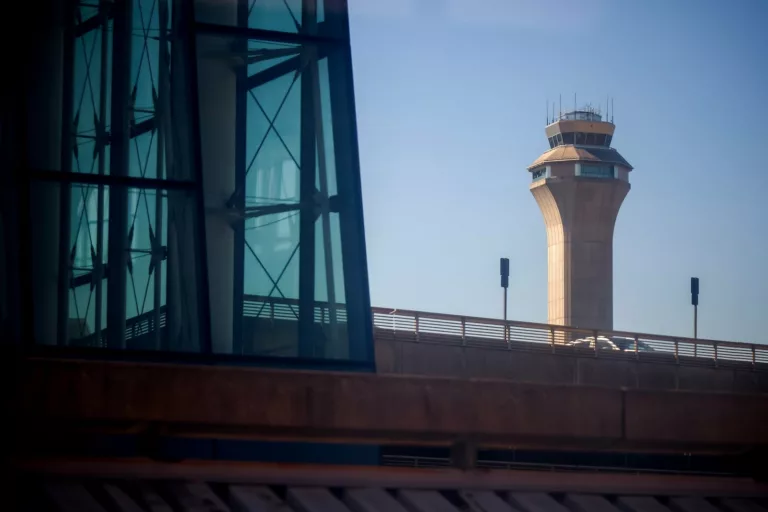American Airlines CEO Criticizes Competitors Use of AI in Pricing
American Airlines’ CEO, Robert Isom, recently expressed strong disapproval of competitors utilizing artificial intelligence (AI) for airfare pricing. During a call discussing the airline’s second-quarter earnings, Isom stated, “I don’t think it’s appropriate,” in a pointed critique aimed primarily at Delta Air Lines. Earlier this month, Delta announced its partnership with tech firm Fetcherr to implement AI in pricing approximately 3% of its domestic flights, with plans to increase that figure to 20% by year’s end.
Isom’s comments raise questions about the broader industry’s approach to AI in pricing strategies. He emphasized American Airlines’ commitment to transparency and trust, asserting, “Consumers need to know that they can trust American. This is not about bait and switch. This is not about tricking. And certainly, from American, it’s not something we will do.”
Delta’s President, Glen Hauenstein, previously described the airline’s AI initiative as a “super-analyst” that works continuously to optimize pricing. However, this strategy has drawn scrutiny from lawmakers. A trio of Democratic senators recently sent a letter to Delta’s CEO, Ed Bastian, requesting clarity on the airline’s pricing tactics and AI use by early August.
In response to concerns, a Delta spokesperson clarified that the airline’s dynamic pricing model has been shaped by various market forces over the years, and new technology simply enhances this established process. The spokesperson also noted that Delta adheres to all pricing regulations and does not utilize individualized fare offers based on personal data.
While American Airlines does employ AI, Isom clarified that its application is focused on operational improvements rather than pricing strategies. The airline is leveraging AI to enhance customer service, particularly in recovering from disruptions caused by adverse weather conditions. “For our customers, it’s going to improve their experience,” Isom remarked, highlighting the technology’s role in facilitating smoother operations.
Other airlines are also exploring AI for various functions. Southwest Airlines recently revealed its use of machine learning to predict the volume of bags that may need to be gate-checked, while Alaska Airlines is integrating AI into safety and operational planning. Alaska Air Group’s CEO, Ben Minicucci, emphasized the importance of initiatives that prioritize guest experience.
Historically, airlines have relied on a blend of algorithms influenced by supply and demand, alongside human analysis, to determine fares. Dynamic pricing, which can lead to price fluctuations within short periods, has been a long-standing practice in the industry. This can often leave travelers puzzled when they see a fare drop or spike unexpectedly.
Despite Isom’s criticism of AI pricing strategies, American Airlines is not without its own pricing controversies. The airline has faced backlash for charging solo travelers higher fares compared to those traveling in groups. Furthermore, American has lagged behind competitors like Delta and United in profitability, especially during pivotal financial periods.
As the airline industry continues to evolve with technological advancements, the debate over the ethical implications of AI in pricing remains a significant topic. Consumers are encouraged to stay informed about how these changes may affect their travel experiences and to consider the broader implications of AI in various sectors.

